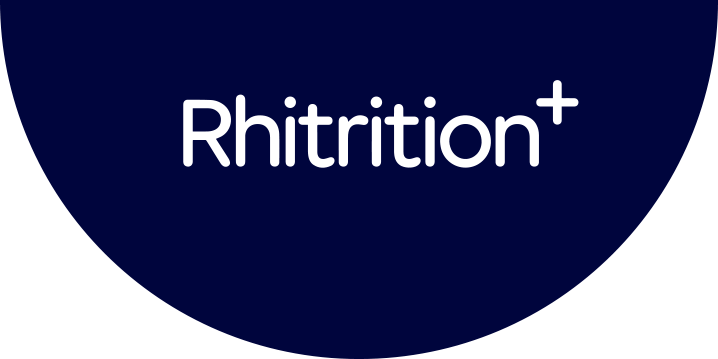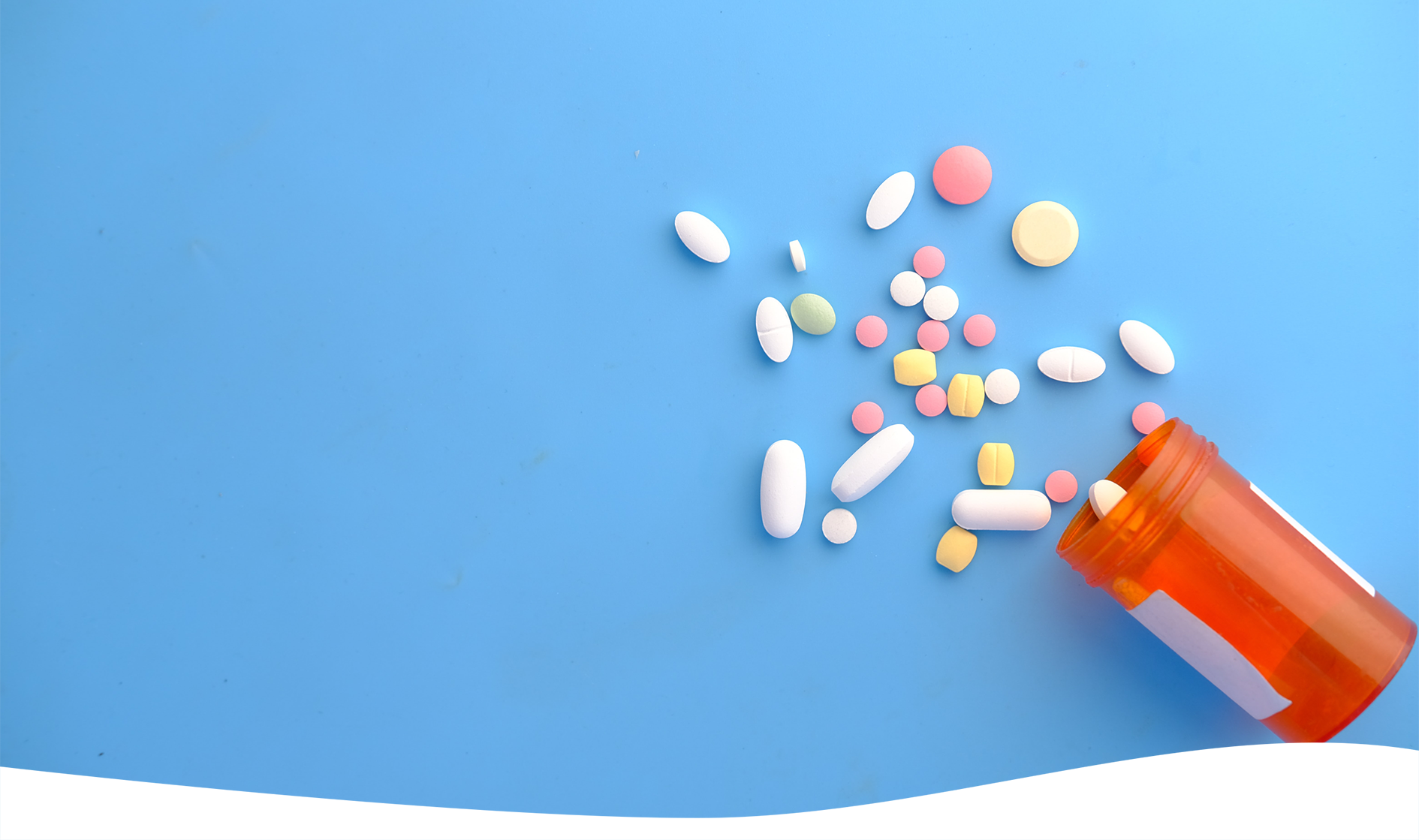Should I Be Taking A Multivitamin Supplement?
Article by Rhiannon Lambert, BSc MSc RNutr
A multivitamin is a type of dietary supplement that contains a number of essential vitamins and minerals that are needed to support the optimal and healthy functioning of the body.
The majority of people do not need to supplement as they can meet the required amounts by eating a balanced and varied diet. But sometimes, for example when following a vegan or plant-based diet, it may be beneficial to include a dietary supplement, such as a multivitamin, to support a healthy diet.
“Our multivitamin capsule supplement gives your body four vital nutrients in the recommended doses which are often lacking in a vegan diet. ”
What nutrients may I lack if I am vegan?
Having a well-planned vegan diet can support the healthy and optimal functioning of our bodies. However not planning properly if you follow a vegan diet can lead to some gaps in your nutrition, and put you at risk of certain nutrient deficiencies.
Vitamin B12
Vitamin B12 is found in meat, fish, milk, cheese, eggs, and a variety of fortified breakfast cereals, and is important for the production of red blood cells and keeping the nervous system healthy. If you consume animal produce then it is likely that you will reach the recommended amount of vitamin B12 through your diet alone. However, vitamin B12 does not occur naturally in plant-based foods such as fruit and veg, and wholegrains, therefore people who are vegan or follow a primarily plant-based diet may need to supplement to ensure that they can meet the daily requirements. See our vitamin B12 factsheet to find out more.
Iron
Iron is needed to make haemoglobin in red blood cells which transports oxygen around the body to the muscles and tissues. There are plant-based sources of iron, including beans, nuts, pulses and legumes, tofu, broccoli, fortified breakfast cereals, dried fruit, and leafy greens, and the iron found in these foods is known as non-haem iron. Non-haem iron is less bioavailable to the body, which means that it is not absorbed as well as haem iron found in animal sources such as red meat, liver, and shellfish. This means that that people who follow a vegan diet are more at risk of deficiency as their bodies are not absorbing much iron from the foods that they eat. See our iron factsheet to find out more.
Iodine
Iodine is needed to help make thyroid hormones which help to regulate our metabolism. It is found in seafood (fish) and shellfish, so those following a vegan or a plant-based diet may be at risk of deficiency as these items of food not included in this diet. There may be small amounts of iodine found within vegetables and grains/cereals but the amount will vary depending on the iodine content of the soil that the crops are grown in. See our iodine factsheet for more information.
Selenium
Selenium is only needed in very small amounts but it is essential for our metabolic health and thyroid function. It also plays a role in reproduction, the production of DNA, and protects our cells from damage and infection. It’s mainly found in seafood, shellfish, eggs, Brazil nuts and sunflower seeds. By eating a diet that includes these foods you should be able to meet the daily recommended requirements, however as a vegan or plant-based diet does not include seafood, shellfish, or eggs then a supplement may be needed. See our selenium factsheet for more information.
Our multivitamin capsule supplement gives your body these four vital nutrients in the recommended doses which are often lacking in a vegan diet.
Can I still take the vegan multivitamin even if I’m not a vegan?
On the Rhitrition+ platforms we often get asked the question, can I take your vegan multivitamin each day even if I’m not a vegan? The simply answer to this question is yes!
Taking a vegan multivitamin, which contains the recommended dose for certain nutrients ensures that you are getting the correct amount of these 4 vitamins – vitamin B12, iodine, iron, and selenium – regardless of the diet in which you are following.
However, if you are eating a varied and balanced diet then it is highly likely that you are getting the required amounts for each nutrient without the need for supplementation. Always consult your doctor or GP or a nutritionist if you think you may need a supplement.
Key Vegan Foods To Have In Your Kitchen
Although sometimes some people may need a helping hand with supplements, at the Rhitrition clinic we will always advocate a food first approach. Here are some great vegan foods that every vegan (and non-vegan) household should have:
Tofu and tempeh: Versatile protein-rich alternatives to meat, fish, poultry and eggs.
Legumes: Beans, lentils and peas are excellent sources of many nutrients.
Nuts and nut butters: Most nuts are good sources of iron, fibre, magnesium, zinc, selenium and vitamin E with almonds, walnuts and pistachios being the most nutritious varieties.
Seeds: Hemp, chia and flaxseeds are also sources of protein and omega-3 fatty acids.
Calcium-fortified plant milks and yoghurts: In order to achieve your recommended daily allowance of calcium, opt for fortified varieties with vitamins B12 and D.
Whole grains: Spelt, amaranth and quinoa (technically a seed) are all great sources of complex carbs, fibre, iron, B vitamins and are especially high in protein.
Sprouted and fermented plant foods: Tempeh, miso, sauerkraut and kimchi all contain probiotics and vitamin K2.
Fruits and vegetables: Leafy greens such as spinach, kale and bok choy are particularly high in iron, calcium and other key nutrients


